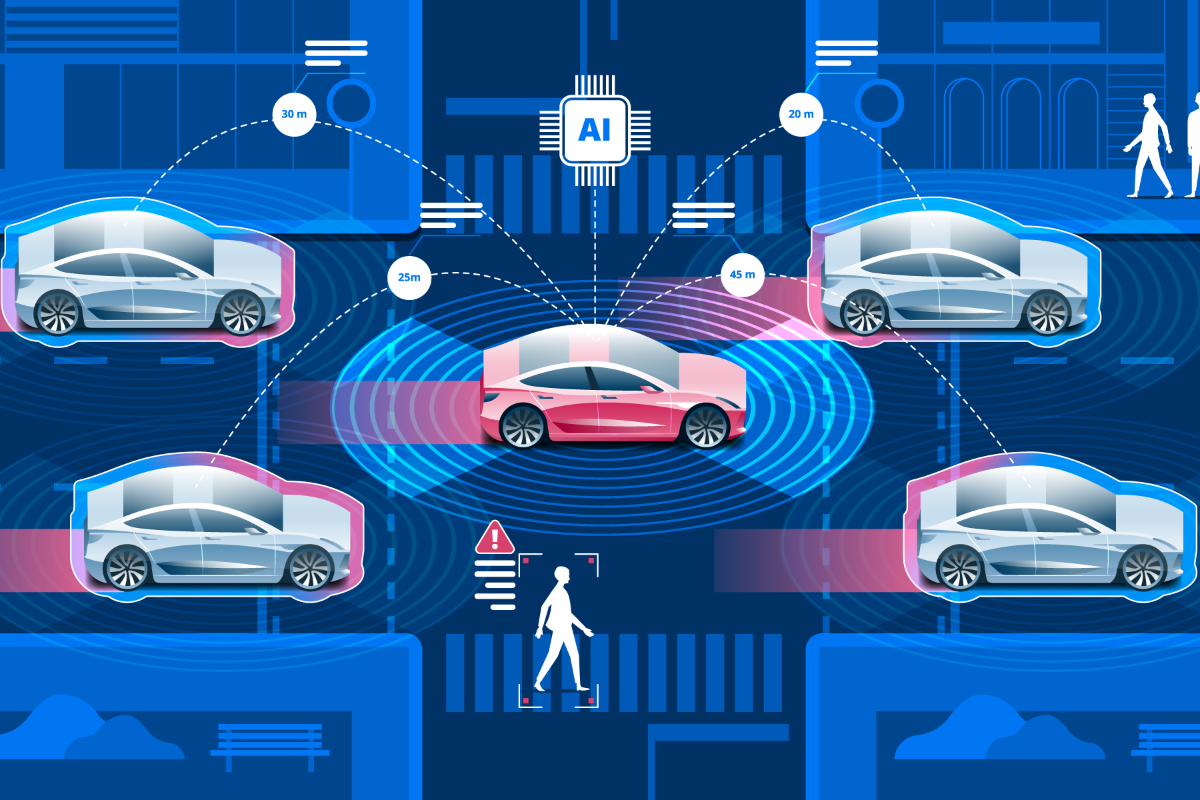CGKY News Hub
Your go-to source for the latest insights and trends.
Roads Without Drivers: The Future of Freedom on Four Wheels
Discover how driverless technology is reshaping freedom on four wheels. Explore the future of roads without drivers and drive into innovation!
The Rise of Autonomous Vehicles: What It Means for Our Future
The rise of autonomous vehicles represents a significant leap forward in technology and innovation, transforming the way we think about transportation. As self-driving cars gain traction on our roads, they promise to improve safety, reduce traffic congestion, and decrease emissions. According to recent studies, these vehicles have the potential to reduce road accidents by up to 90%, primarily due to the elimination of human error, which accounts for the majority of vehicular incidents. Furthermore, autonomous vehicles could pave the way for smart cities, where integrated transport networks optimize traffic flow and enhance urban living.
However, the widespread adoption of autonomous vehicles also raises important questions about the future of employment and infrastructure. As the need for traditional driving jobs declines, many individuals may face job displacement, necessitating a shift in workforce training and education. Additionally, cities will need to adapt their infrastructure to accommodate the needs of these vehicles, which may include redesigned road systems, upgraded traffic signals, and advanced communication networks. Embracing this technological revolution will require collaboration among policymakers, automotive manufacturers, and communities to ensure a seamless transition into a future dominated by autonomous mobility.

Navigating the Ethics of Self-Driving Cars: Who's Responsible?
The advent of self-driving cars has ushered in a new era of transportation, but it also raises profound ethical questions regarding responsibility. In scenarios where a self-driving vehicle is involved in an accident, the question arises: who is truly at fault? Is it the manufacturer, the software developer, or the vehicle owner? These dilemmas highlight the complexities of assigning liability and call for a comprehensive legal framework that clearly defines accountability in the context of autonomous vehicles. As policymakers grapple with this issue, they must consider not only the technological capabilities of these cars but also the ethical implications of their decisions.
Furthermore, the ethical considerations extend beyond legal responsibility. For instance, when faced with a potential accident scenario, should a self-driving car prioritize the safety of its passengers over pedestrians? This dilemma forces engineers and manufacturers to confront moral questions about the values embedded in the programming of these vehicles. As we navigate the ethical landscape of self-driving cars, it is imperative to engage in discussions that promote transparency and public trust, ensuring that the development of this transformative technology aligns with societal values and expectations.
Will Roads Without Drivers Transform Personal Freedom or Limit It?
The advent of driverless vehicles has sparked a heated debate about their impact on personal freedom. On one hand, proponents argue that roads without drivers could enhance personal freedom by allowing individuals to engage in other activities during commutes, such as working, reading, or relaxing. Imagine a society where time spent in traffic is transformed into productive or leisure moments. Furthermore, these autonomous systems could reduce accidents caused by human error, which may lead to a more liberated travel experience that prioritizes safety and convenience.
On the other hand, the rise of autonomous vehicles may also pose limitations on personal freedom. Critics argue that reliance on technology could lead to a loss of control over personal mobility. For instance, if these vehicles are controlled by centralized systems, individuals might be subjected to restrictions on where they can travel and how. Additionally, concerns regarding data privacy and surveillance arise as autonomous vehicles collect vast amounts of information about users' travel patterns. In this light, while roads without drivers promise certain conveniences, they may ultimately limit personal freedom in ways that warrant careful consideration.